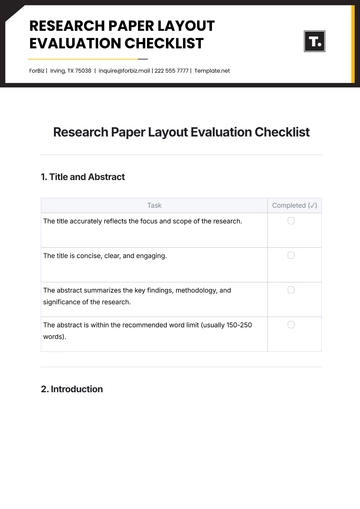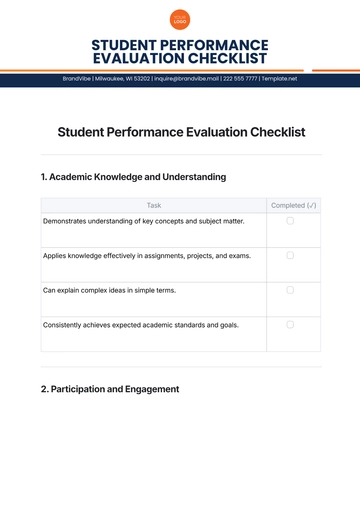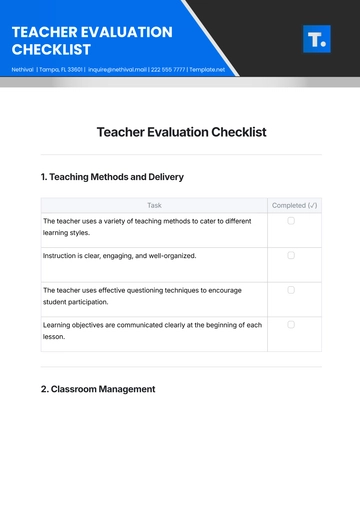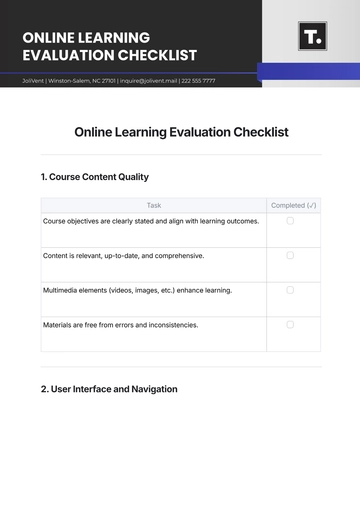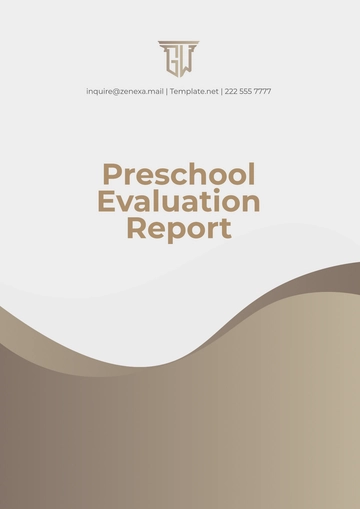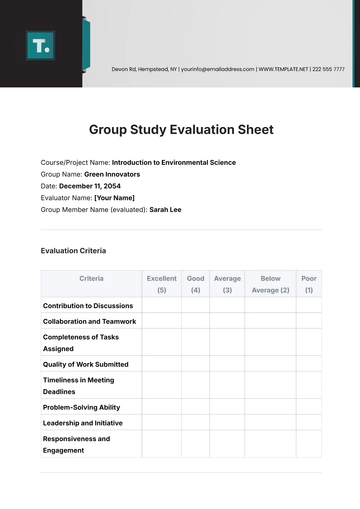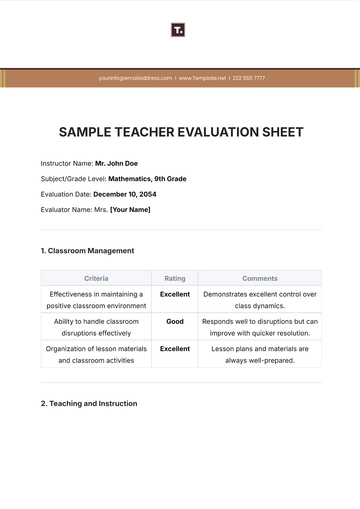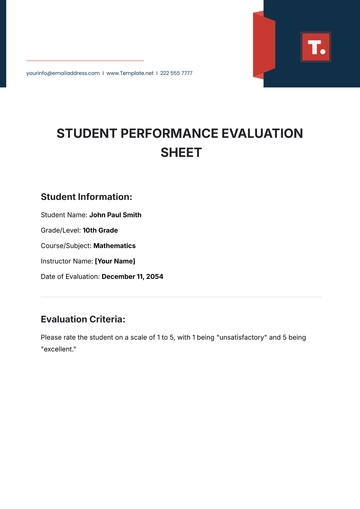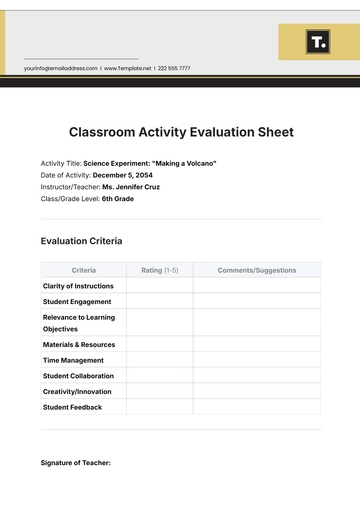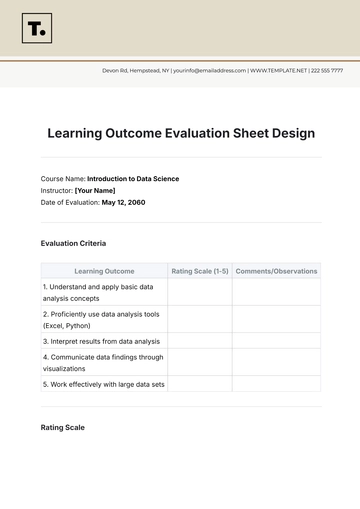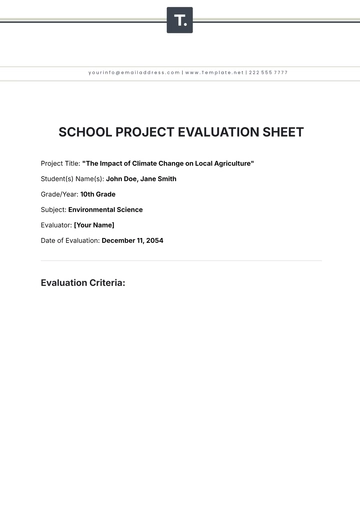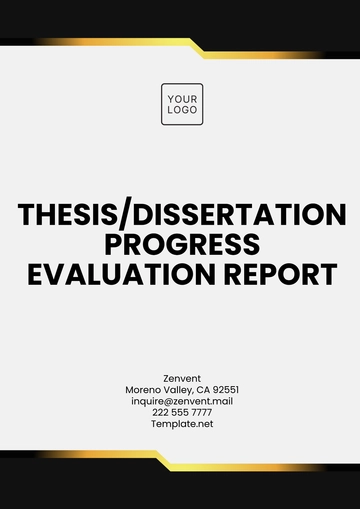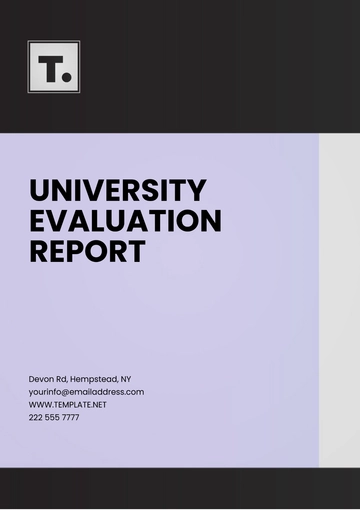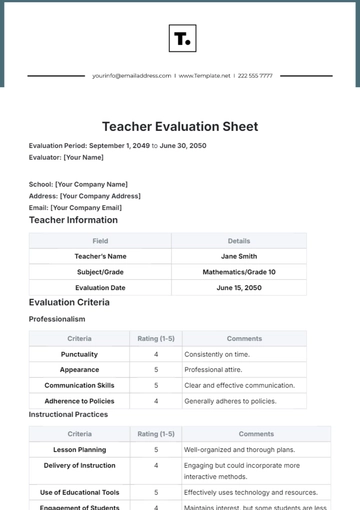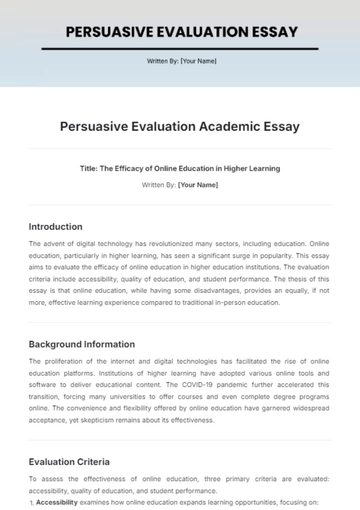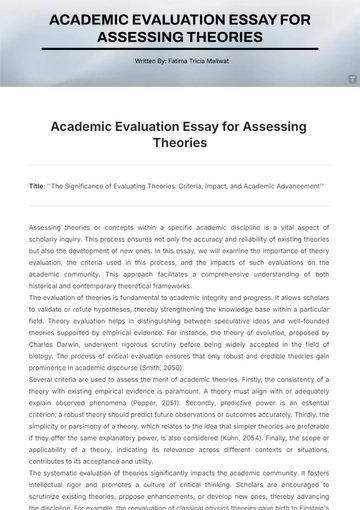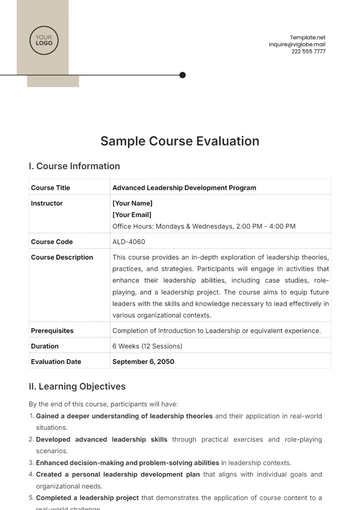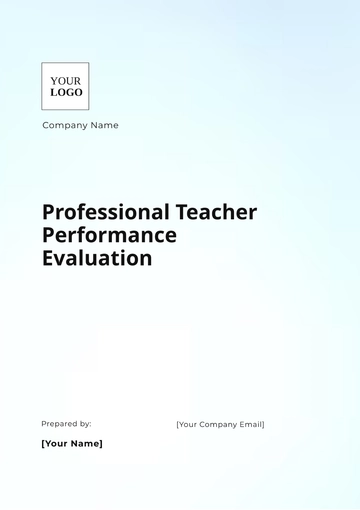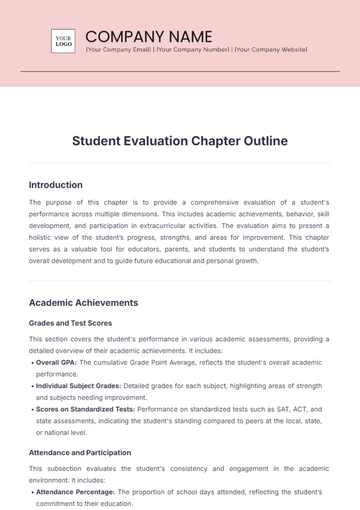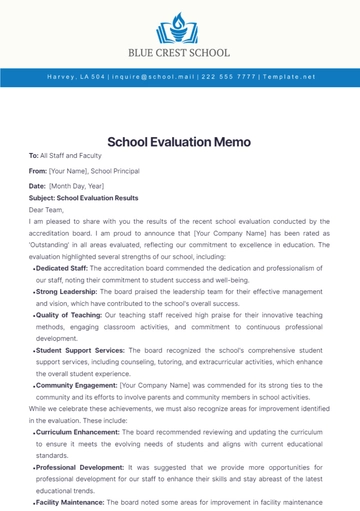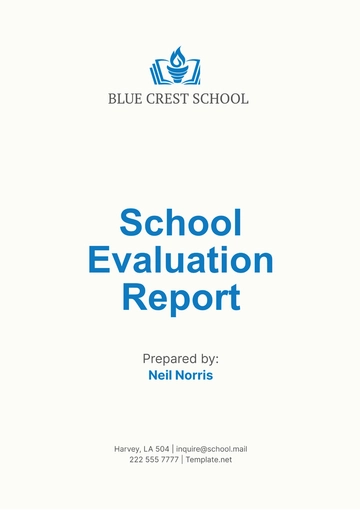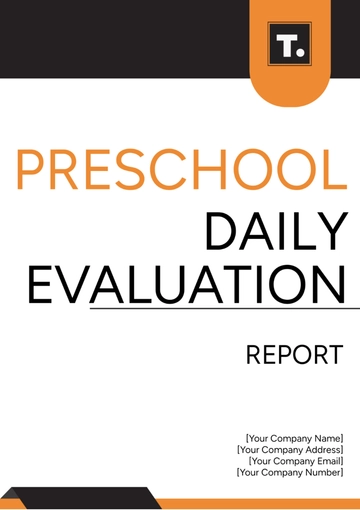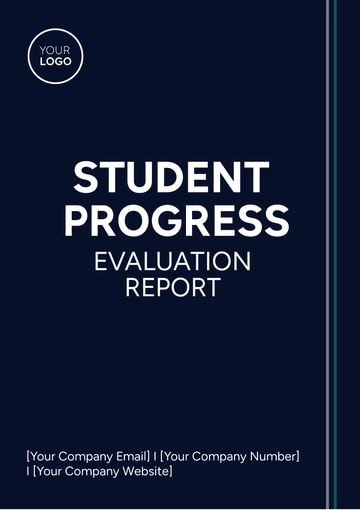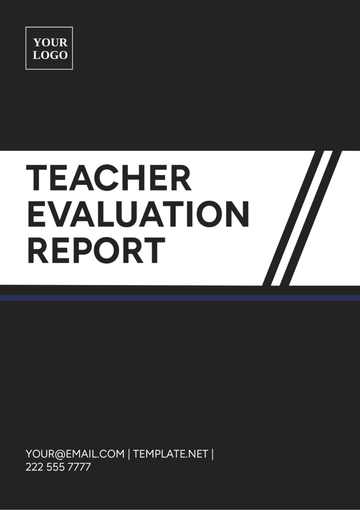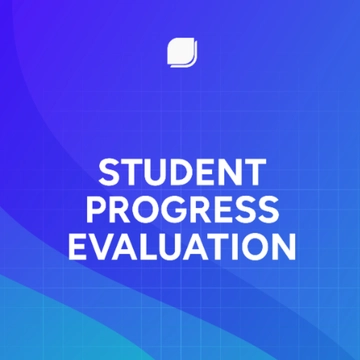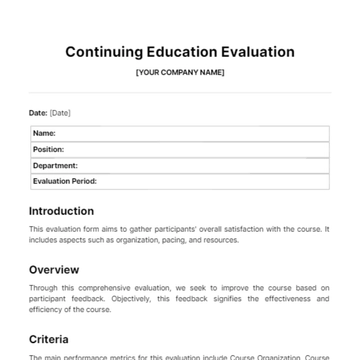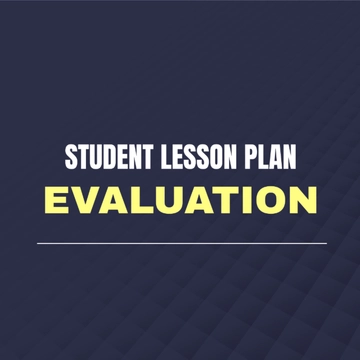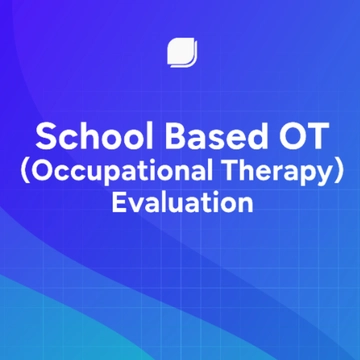Free Persuasive Evaluation Academic Essay
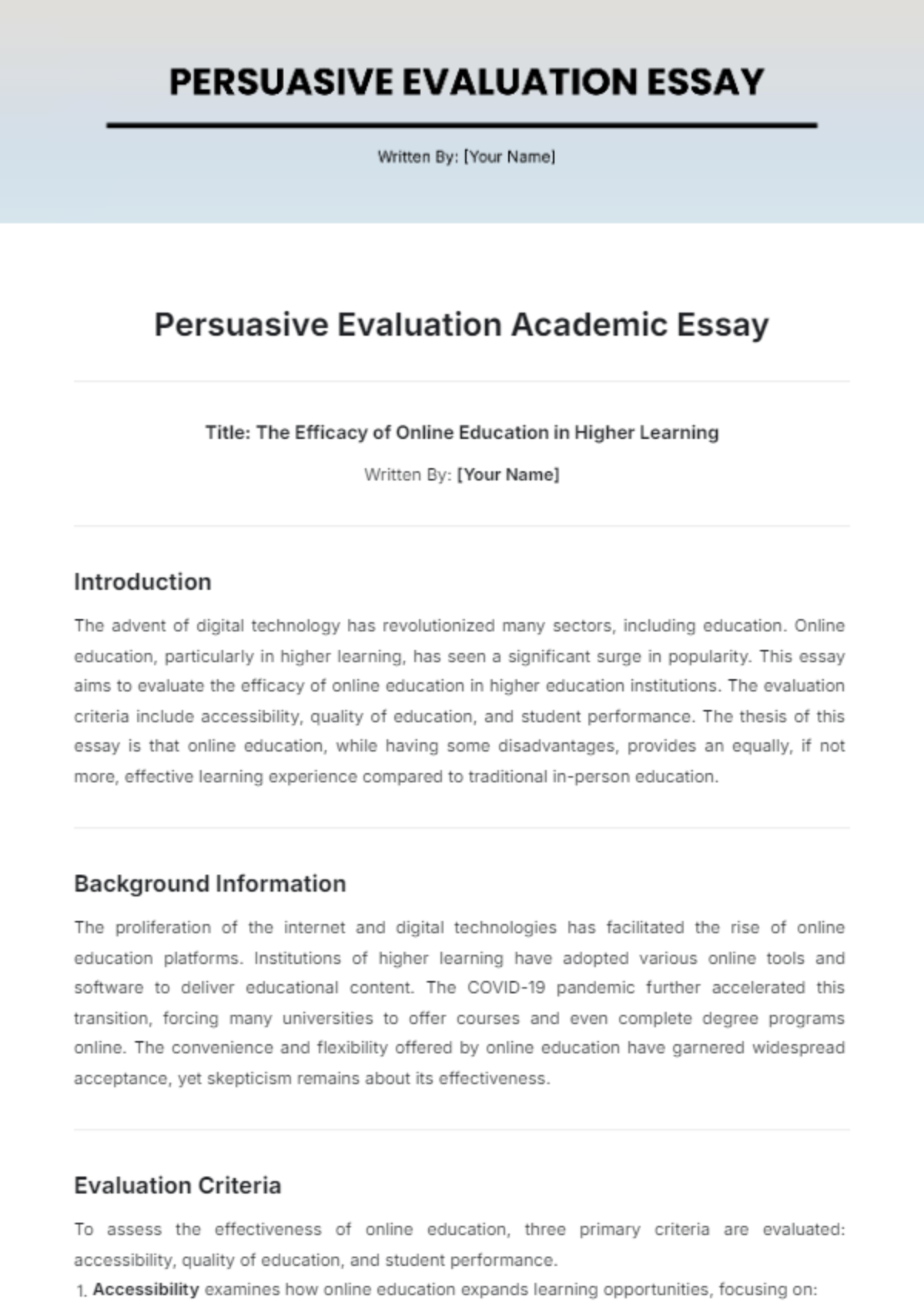
Title: The Efficacy of Online Education in Higher Learning
Written By: [Your Name]
Introduction
The advent of digital technology has revolutionized many sectors, including education. Online education, particularly in higher learning, has seen a significant surge in popularity. This essay aims to evaluate the efficacy of online education in higher education institutions. The evaluation criteria include accessibility, quality of education, and student performance. The thesis of this essay is that online education, while having some disadvantages, provides an equally, if not more, effective learning experience compared to traditional in-person education.
Background Information
The proliferation of the internet and digital technologies has facilitated the rise of online education platforms. Institutions of higher learning have adopted various online tools and software to deliver educational content. The COVID-19 pandemic further accelerated this transition, forcing many universities to offer courses and even complete degree programs online. The convenience and flexibility offered by online education have garnered widespread acceptance, yet skepticism remains about its effectiveness.
Evaluation Criteria
To assess the effectiveness of online education, three primary criteria are evaluated: accessibility, quality of education, and student performance.
Accessibility examines how online education expands learning opportunities, focusing on:
Reach The capacity of online platforms to serve a broad and diverse student population, including those who are geographically isolated or face other constraints.
Flexibility: The degree to which online education accommodates various schedules and learning preferences, offering students the ability to balance their studies with other commitments.
Inclusivity: The extent to which online courses are designed to meet the needs of students from diverse backgrounds and with varying abilities, ensuring equitable access to educational resources.
Quality of education evaluates the effectiveness of the learning experience in online courses, encompassing:
Comprehensiveness: The thoroughness and scope of course content, comparing it to the depth typically provided in traditional classroom settings.
Engagement: The effectiveness of interactive features, such as discussion forums, multimedia content, and virtual labs, in engaging students and enhancing their learning experience.
Academic Rigor: The level of academic challenge and the adherence to scholarly standards in online courses, assessed against the benchmarks of face-to-face instruction.
Student performance is measured using several critical metrics:
Grades: Analyzing and comparing average grades achieved by students in online courses versus those in traditional settings.
Graduation Rates: Evaluating the rates at which online learners complete their degrees compared to their in-person counterparts, providing insights into the effectiveness of online programs.
Employment Outcomes: Assessing post-graduation employment rates and job placements to determine the real-world impact and applicability of online education in preparing students for their careers.
Arguments and Evidence
Online education significantly enhances accessibility and provides quality comparable to traditional learning environments.
Accessibility:
Broadened Reach: According to a study by the National Center for Education Statistics (NCES, 2051), online courses have enabled non-traditional students—such as working adults and those with family responsibilities—to engage in higher education. This flexibility is crucial for those who might otherwise be unable to attend traditional classes due to geographical or personal constraints.
Global Access: Platforms like Coursera and edX have made it possible for students to access courses from top universities around the world, effectively democratizing education and making high-quality learning opportunities available to a broader audience.
Quality of Education:
Engaging Content: Research by Jaggars and Xu (2056) highlights that online courses frequently feature interactive elements such as discussion boards, video lectures, and virtual office hours. These tools are designed to engage students and replicate the interactive aspects of in-person learning.
Adaptive Learning Technology: Innovations in adaptive learning technology allow for personalized educational experiences tailored to individual student needs. This customization helps in addressing diverse learning styles and can potentially enhance overall learning outcomes.
Student Performance:
Improved Outcomes: A study by the U.S. Department of Education (2055) found that, on average, students in online learning environments performed modestly better than those in traditional face-to-face settings. The flexibility inherent in online education enables students to learn at their own pace, which accommodates different learning styles and can improve retention and understanding.
Counterarguments
Critics argue that online education lacks the face-to-face interaction essential for developing soft skills such as communication and teamwork. However, this concern can be mitigated through hybrid models that combine online and in-person interactions, as suggested by Means et al. (2053). Additionally, online platforms are increasingly incorporating group projects and peer-to-peer learning modules that foster similar skills. Another criticism is the potential for increased academic dishonesty. However, the use of advanced proctoring software and stringent academic integrity policies can address this issue, maintaining the credibility and rigor of online education programs.
Conclusion
In summary, the evaluation of online education in higher learning suggests that it is a highly effective mode of education, offering significant advantages in terms of accessibility, quality, and student performance. While there are valid concerns, these can be addressed through thoughtful implementation of hybrid models and robust academic integrity measures. As technology continues to advance, online education will likely become an even more indispensable component of the educational landscape.
References
Jaggars, S. S., & Xu, D. (2056). How do online course design features influence student performance? Computers & Education, 95, 270-284.
Means, B., Toyama, Y., Murphy, R., Bakia, M., & Jones, K. (2053). The effectiveness of online and blended learning: A meta-analysis of the empirical literature. Teachers College Record, 115(3), 1-47.
NCES. (2051). Distance Education in Postsecondary Institutions: 2050-2051. National Center for Education Statistics. Retrieved from https://nces.ed.gov/pubs2051/2051027.pdf
U.S. Department of Education. (2055). Evaluation of Evidence-Based Practices in Online Learning: A Meta-Analysis and Review of Online Learning Studies. Washington, D.C.: Office of Planning, Evaluation, and Policy Development.
- 100% Customizable, free editor
- Access 1 Million+ Templates, photo’s & graphics
- Download or share as a template
- Click and replace photos, graphics, text, backgrounds
- Resize, crop, AI write & more
- Access advanced editor
Write persuasive, well-evaluated essays with the Persuasive Evaluation Academic Essay Template from Template.net. This editable and customizable template guides you through the process of forming strong arguments and critical evaluations. Tailor the content and structure to fit your needs, and use our Editable in our AI Editor Tool to make your essay both convincing and clear.
